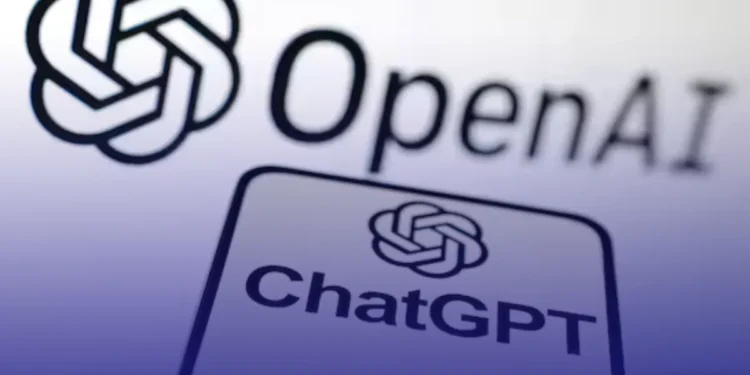OpenAI has introduced a groundbreaking feature for ChatGPT. It now allows the chatbot to remember everything users have ever shared with it. This latest update, announced earlier this week, has raised both excitement and concerns, particularly around privacy.
New Memory Feature Of ChatGPT
The new update to ChatGPT’s Memory feature means that the chatbot can now leverage users’ preferences and interests. This allows it to offer more personalized responses. By remembering past interactions, ChatGPT can deliver answers that feel more relevant and tailored to each individual.
As OpenAI puts it, “New conversations naturally build upon what it already knows about you, making interactions feel smoother and uniquely tailored to you.” ChatGPT will be able to reference old chats and respond based on accumulated knowledge. This will ultimately provide a more seamless and personalized user experience.
Sam Altman, the CEO of OpenAI, shared his excitement on X (formerly Twitter), calling the new feature a “surprisingly great feature.” He added, “This is a surprisingly great feature imo, and it points at something we are excited about: AI systems that get to know you over your life, and become extremely useful and personalized.”
Privacy Concerns With ChatGPT
The feature promises to enhance user interaction. However, many users have expressed concerns about the implications of having so much personal data stored. One user questioned the potential risks, asking, “What are the implications of a company knowing this much about millions (billions?) of people?” Another user expressed skepticism about OpenAI’s handling of sensitive data, saying, “Yay if only you could be trusted with this information.”
As this new feature gathers traction, some users are also drawing parallels to more personal relationships, with one commenting humorously, “Just like my wife, ChatGPT can now remember something I said 1,000 days ago.”
Loneliness Connection
Interestingly, this new feature comes on the heels of a study conducted by OpenAI and MIT Media Lab. The study found that ChatGPT may be contributing to increased loneliness among its most frequent users. The study revealed that individuals who bonded more with the AI chatbot were more likely to experience feelings of loneliness. They were also more prone to social isolation.
Although the technology is still in its early stages, the study raises important questions. It highlights the potential mental health impact of AI on users. ChatGPT’s ability to remember and engage more personally is a positive step in AI’s evolution. However, excessive reliance may lead to negative emotional outcomes.
Balancing Innovation and Privacy
As AI becomes more integrated into everyday life, finding a balance between personalization and privacy will be crucial. The new memory feature is a step towards creating more human-like interactions, but it also highlights the need for robust privacy safeguards. OpenAI has stated that users can opt out of the memory feature or even choose to use temporary chat sessions that don’t retain any data.
While the potential of AI to enhance human experiences is vast, it is equally important to ensure that users’ data is handled responsibly and securely.










